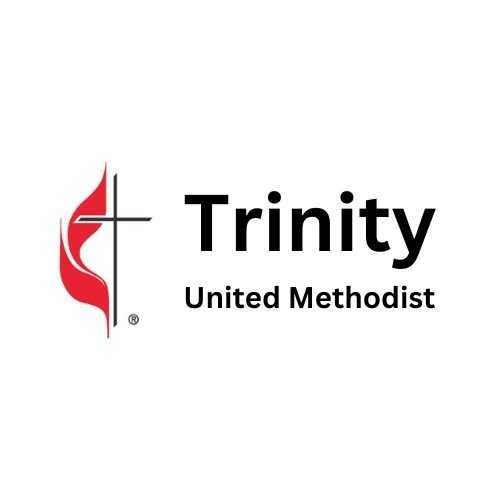Our church has a time-sensitive opportunity to consider our current affiliation with the United Methodist Church (UMC) and decide whether we wish to move to the recently launched Global Methodist Church (GMC) or some other affiliation. Here at Trinity, we can talk about who we want to be, our priorities and what we are willing to do.
Issues:
1. UMC Pastors are not required to sincerely confess and teach the Truth of the creeds.
2. The UMC is ungovernable because the Bishops are not upholding the Doctrine and Discipline. There is no issue with the Doctrine of the UMC itself.
3. Some UMC Pastors are teaching outside the doctrine.
History leading to this point:
In 1969 the Evangelical United Brethren Church (EUB) and the Methodist Episcopal Church merged to form the United Methodist Church. As early as 1972 it was realized that not all members believed the same thing. Religious pluralism was adopted by the UMC in 1972 and repealed in 1984. In the decades that followed there has been disagreement regarding Christology, biblical authority and interpretation, sexual ethics, and the definition of marriage within the church.
At the 2019 General Conference the Protocol for Grace and Reconciliation through Separation was developed. This protocol provided a clean and easy method for churches to leave. The protocol was to be voted on at the 2020 General Conference. The General Conference is a global meeting of United Methodists that occurs every four years. In addition, Paragraph 2553 was added to the Book of Discipline. This Paragraph details the terms of disaffiliation, including monetary cost. Paragraph 2553 has a sunset clause for the end of 2023.
The 2020 General Conference was delayed until 2021 and then again until 2022 because of the COVID-19 pandemic. In April 2022 the General Conference was delayed again, until 2024. After this third delay, on May 1, 2022, the Global Methodist Church (GMC) launched.
Financial Impact of Leaving:
Currently all assets (property, buildings, checkbook) are held in trust by the UMC. Trinity does not own them. If Trinity elects to disaffiliate from the UMC, all of these assets will be released from the trust clause and will belong to Trinity. Without clear guidelines on how to structure the disaffiliations, each Annual Conference, overseen by a Bishop is setting their own guidelines. Bishop Palmer has been most gracious and is requiring that each church that disaffiliates pay their share of the unfunded pension liability, plus one extra year of apportionments. A special Annual Conference has been set for November for disaffiliating churches to be released from the trust clause and no longer be considered a member of the UMC.
What is next?
What are our options?
1. Stay with the UMC.
2. Affiliate with the GMC or another Wesleyan based organization.
3. Become an Independent church.
Additional Resources:
Below are some additional resources for you to review during this period of discernment.
RELATED RESOURCES
Global Methodist Church Comparison Resources
GMC Launches - Article by Christianity Today Comparison of Current UMC and GMC
Beliefs of the GMC Why Stay UMC - Adam Hamilton
Website of the GMC Why Leave the UMC - Jeff Greenway
A Bishop Says Goodbye to the United Methodist Church - Article by Good News Magazine Comparison of Future UMC and GMC - Chris Ritter
Transformational Accountable Discipleship Q&A Video with UMC and GMC Perspectives
Theologically Progressive United Methodism
Methodist Cleric on Bible: Not Reliable
Ministry candidate preaches in drag to ‘speak a new way’
United Methodist Seminary Embraces Paganism
Liberation Methodist Connection
